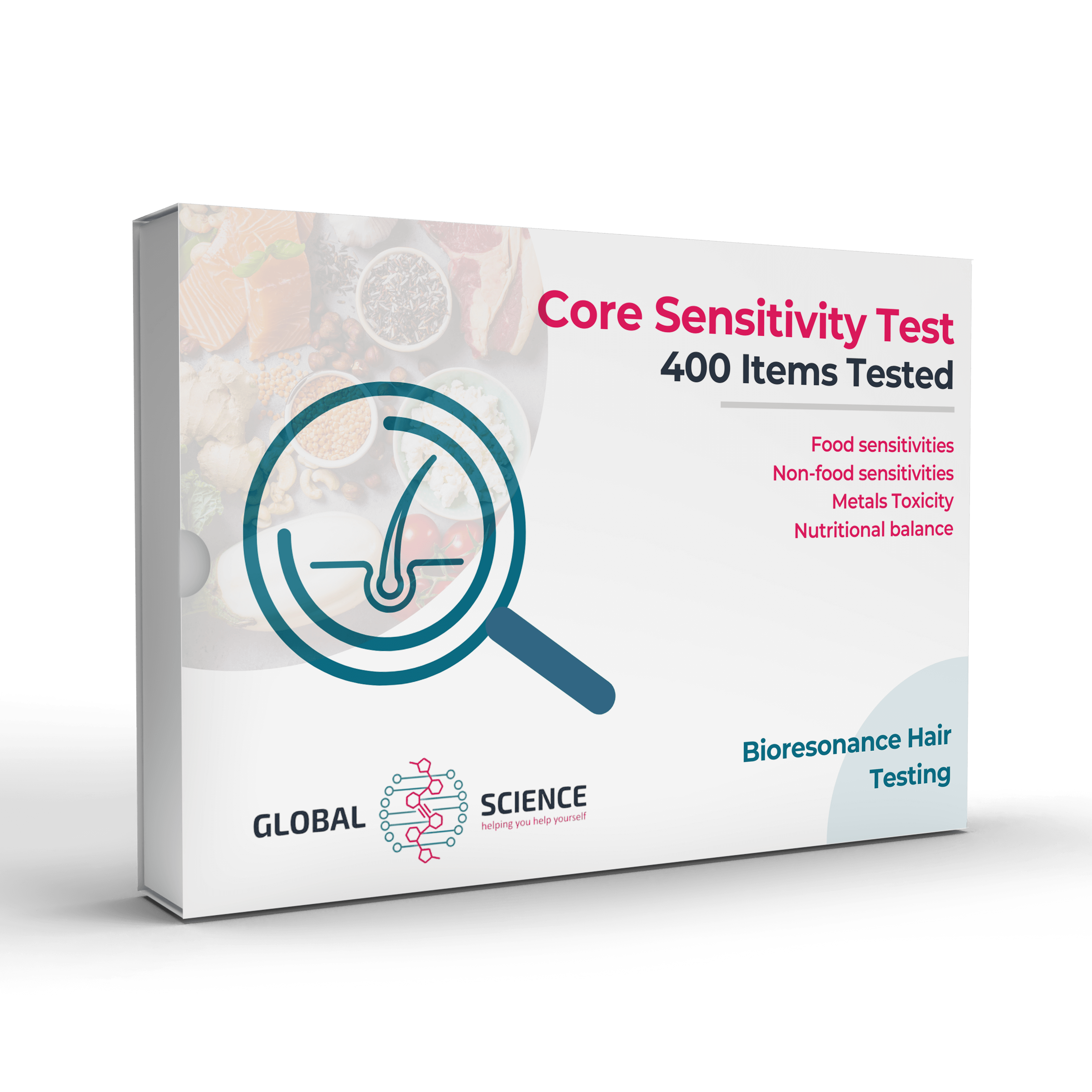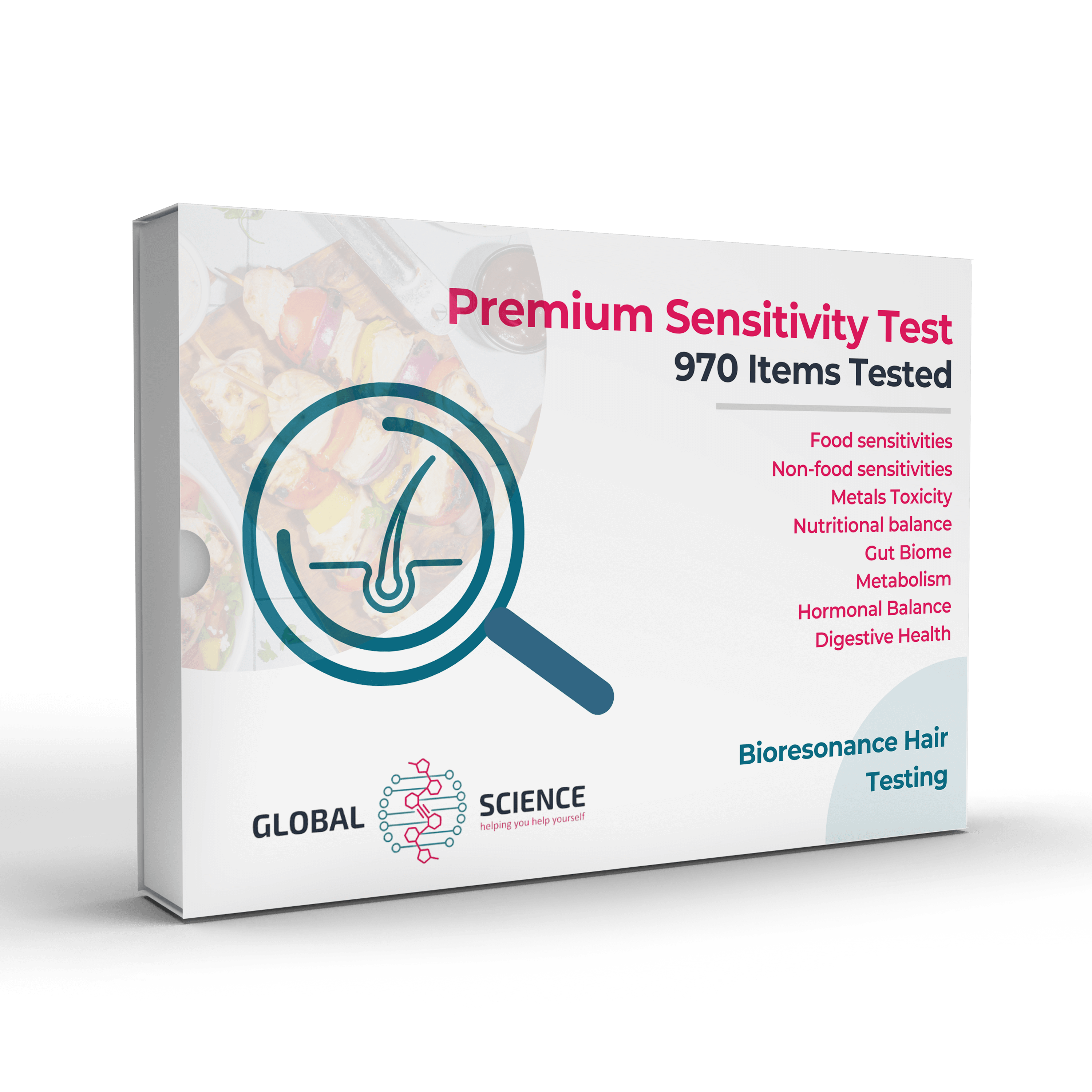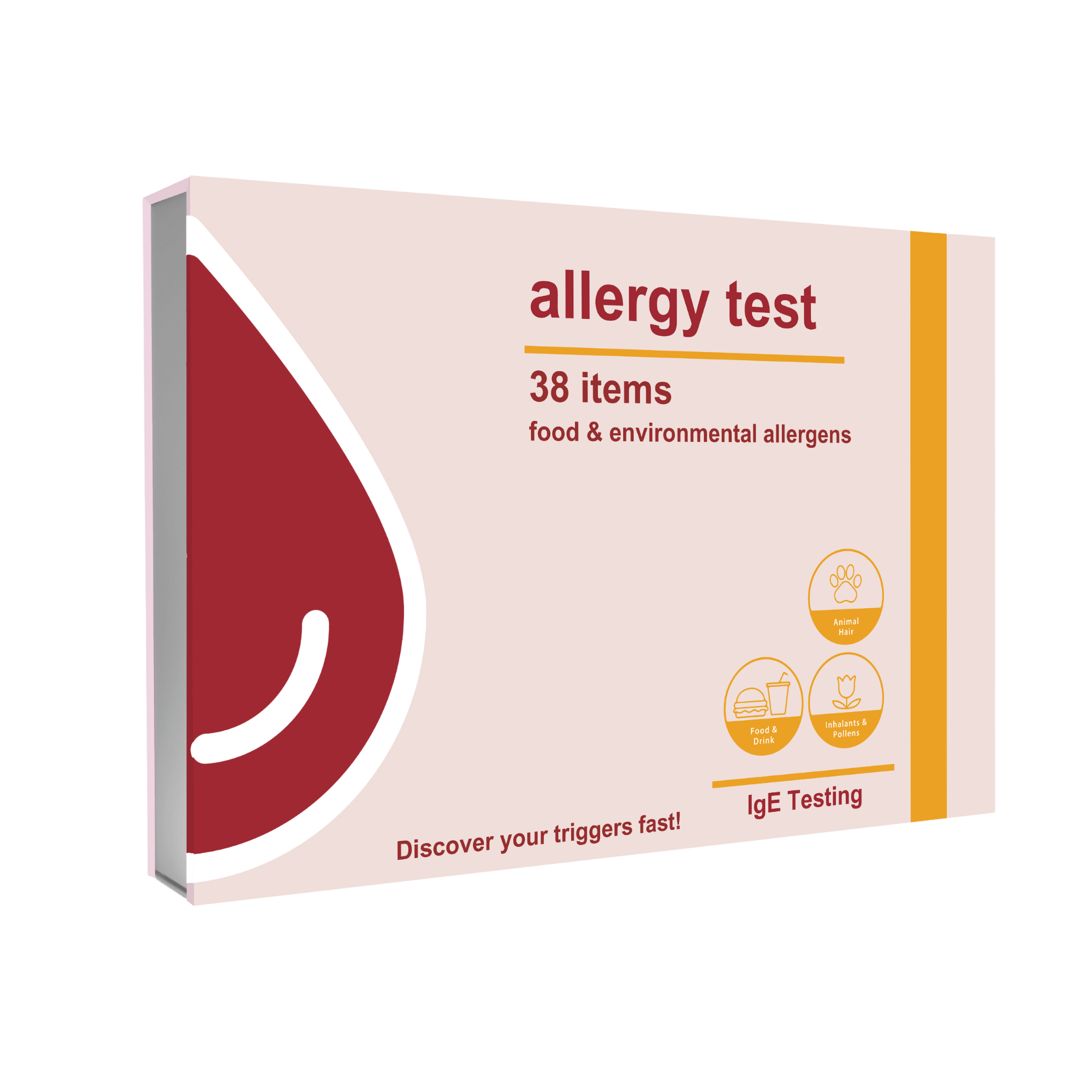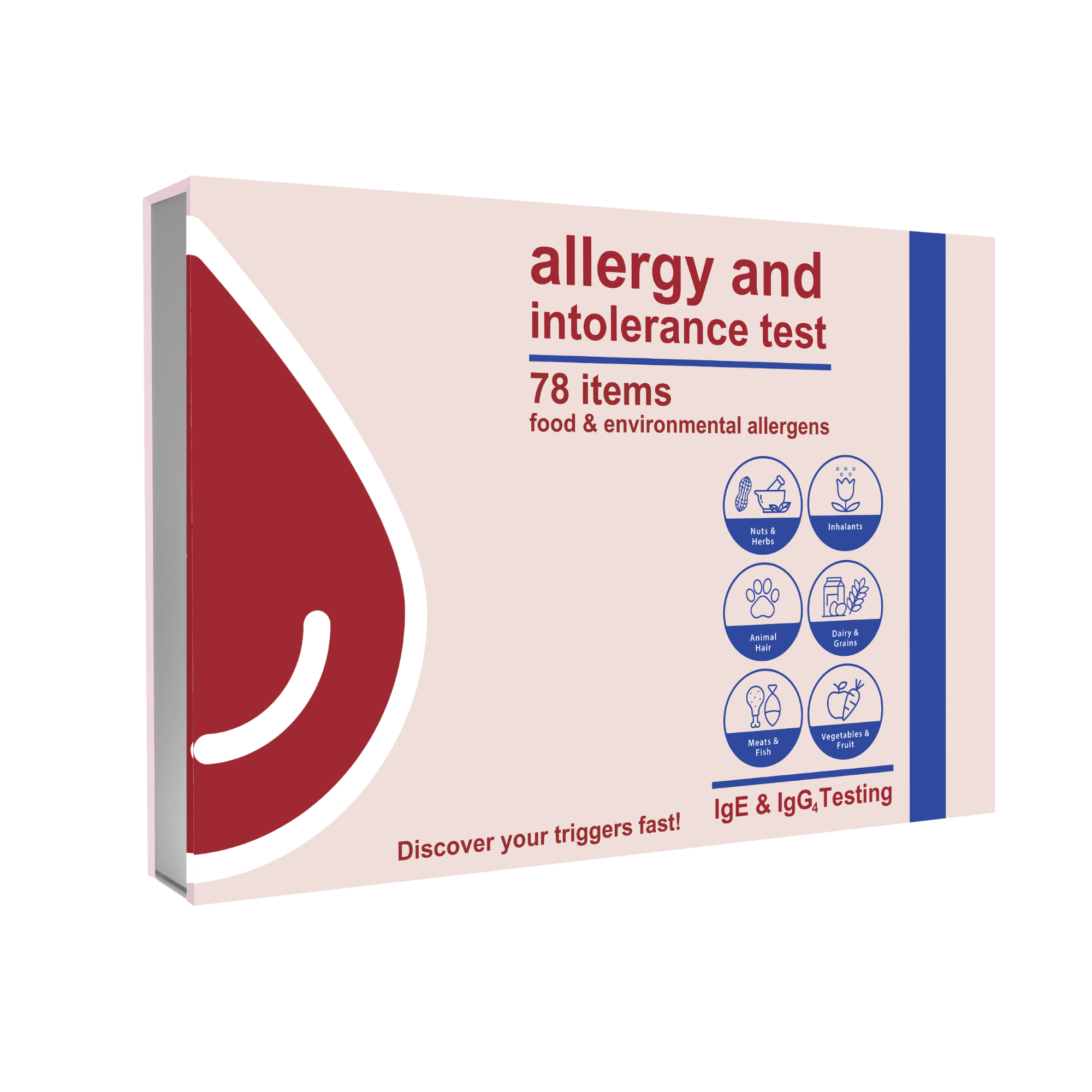Sugar Intolerance

Compound sugars, known as disaccharides, are molecules composed of two monosaccharides joined by a glycosidic bond. Common examples of these are sucrose (glucose + fructose), lactose (glucose + galactose), and maltose (two molecules of glucose).
Compound sugars, known as disaccharides, are molecules composed of two monosaccharides joined by a glycosidic bond. Common examples of these are sucrose (glucose + fructose), lactose (glucose + galactose), and maltose (two molecules of glucose).

Sugar intolerance guide
Sucrose is the most common type of sugar, which is made up of fructose and glucose in a 50/50 split. Glucose and fructose are absorbed differently in the body – glucose is immediately absorbed directly across the lining of the small intestine, whereas your liver has to convert fructose into glucose before it is absorbed.
Considering how popular sugar is in most people’s diets, experiencing an intolerance or allergy to these carbohydrates can have a big impact on a person’s day-to-day life. We will discuss the symptoms of sugar intolerance, how you can order a test to complete at home and which alternatives are available.
Sugar Intolerance Symptoms
Sugar intolerance can also be known as dietary fructose intolerance or sugar malabsorption. It is a digestive disorder that affects nearly one-third of adults. You may have an intolerance to only one type of sugar, such as fructose, but it is likely that if you are intolerant to one sugar you will be for all.
The primary symptoms of sugar intolerance include:
- Bloating.
- Gas.
- Abdominal pain.
- Diarrhoea.
- Heartburn.
- Headaches.
If you experience more severe symptoms, this could be an indicator of a sugar allergy. In comparison to an intolerance, allergy symptoms include:
- Swelling of the lips, tongue, mouth.
- Dizziness.
- Shortness of breath.
- A drop in blood pressure.
You can read more about the differences between intolerances and allergies on our website.
How to Treat Sugar Intolerance
If you have an intolerance to sugar, it is recommended to engage in an elimination diet where you remove sugar completely from your diet for four to six weeks. At the end of this period, sugar can be slowly reintroduced with symptoms monitored.
On the other hand, if you are experiencing more severe allergy symptoms, it is recommended to speak to a medical professional as well as completely stop consuming sugar.
Considering sucrose is made up of fructose and glucose, individuals could be intolerant to fructose but not glucose.
Fructose Intolerance
It can be difficult to separate fructose from glucose from products bought at the supermarket, since many items contain both. However, there are items that contain more fructose than others.
For people with fructose intolerance, foods containing a high level of fructose which should be avoided include:
- Fruit juices.
- Certain fruits such as cherries, peaches, apples, plums, pears.
- Soft drinks that contain sugar.
- Honey.
- Certain yoghurts.
- Caramel.
It is recommended that if you have a fructose allergy or intolerance, you should read product labels carefully and avoid items containing:
- High-fructose corn syrup.
- Honey.
- Sorbitol.
- Agave syrup.
- Molasses.
- Invert sugar.
- Corn syrup solids.
Sucrose Intolerance
Glucose is often combined with fructose to make sucrose, otherwise known as table sugar. In the supermarket, foods made with ‘added sugar’ will contain both glucose and fructose.
Foods that contain high amounts of sucrose, which should be avoided if you have a sugar allergy or intolerance, include:
- Sauces: ketchup, BBQ Sauce, pasta sauce.
- Ready meals.
- Certain alcoholic beverages.
- Sweet treats e.g. cakes, cookies, biscuits, sweets, desserts.
- Breakfast cereal.
- Certain fruit squash.
- Jam / marmalade.
- Protein bars.
- Certain canned goods such as canned soup, baked beans, canned fruit.
When reading product labels, the names for different types of sugar to avoid in food items include:
- Sugar cane.
- Raw sugar.
- White sugar.
- Brown sugar.
- Confectioner’s sugar.
- Powdered sugar.
- Maltose.
Sugar Alternatives
Natural sugar alternatives offer the benefit of providing limited amounts of vitamins and minerals. Substitutes for sugar also offer antioxidants, B vitamins, potassium, phosphorus, iron, zinc, copper and manganese.
If you find you need to stop consuming sugar, don’t fear that you won’t be able to eat something sweet again, as there are sugar substitutes available to incorporate into your diet.
Alternatives to sugar include artificial sweeteners such as:
- Aspartame.
- Stevia.
- Sucralose.
- Saccharin.
- Neotame.
- Acesulfame K.
- Advantame.
Understanding Your Sugar Intolerance
Here at TMI Testing, we are experts in intolerances and allergies. For more information on how to tackle a sugar intolerance, you can speak to one of our helpful customer care advisors today.
Our Best Selling Tests
Our most popular blood and hair tests. Our non-invasive bioresonance sensitivity test uses a small hair sample to test 970+ Foods, inhalants, vitamins and minerals. Clinically validated Allergy & Food Intolerance tests using a small blood spot sample to analyse IgE & IgG4 antibody reactions.
- Budget

Core Sensitivity Test
Was £69.00 Now £27.00 Save £42.00
400 item food, environmental and metals sensitivity test.

Premium Sensitivity Test
Was £89.00 Now £35.00 Save £54.00
970+ item comprehensive sensitivity and health test report.
- Food & Pollen

Essential Allergy Test
Was £130.00 Now £79.00 Save £51.00
Essential Allergy testing of 38 food and environmental triggers.
- Most Accurate

Combined Allergy & Intolerance
Was £195.00 Now £105.00 Save £90.00
Combined Allergy & food Intolerance test of 78 frequent triggers.
